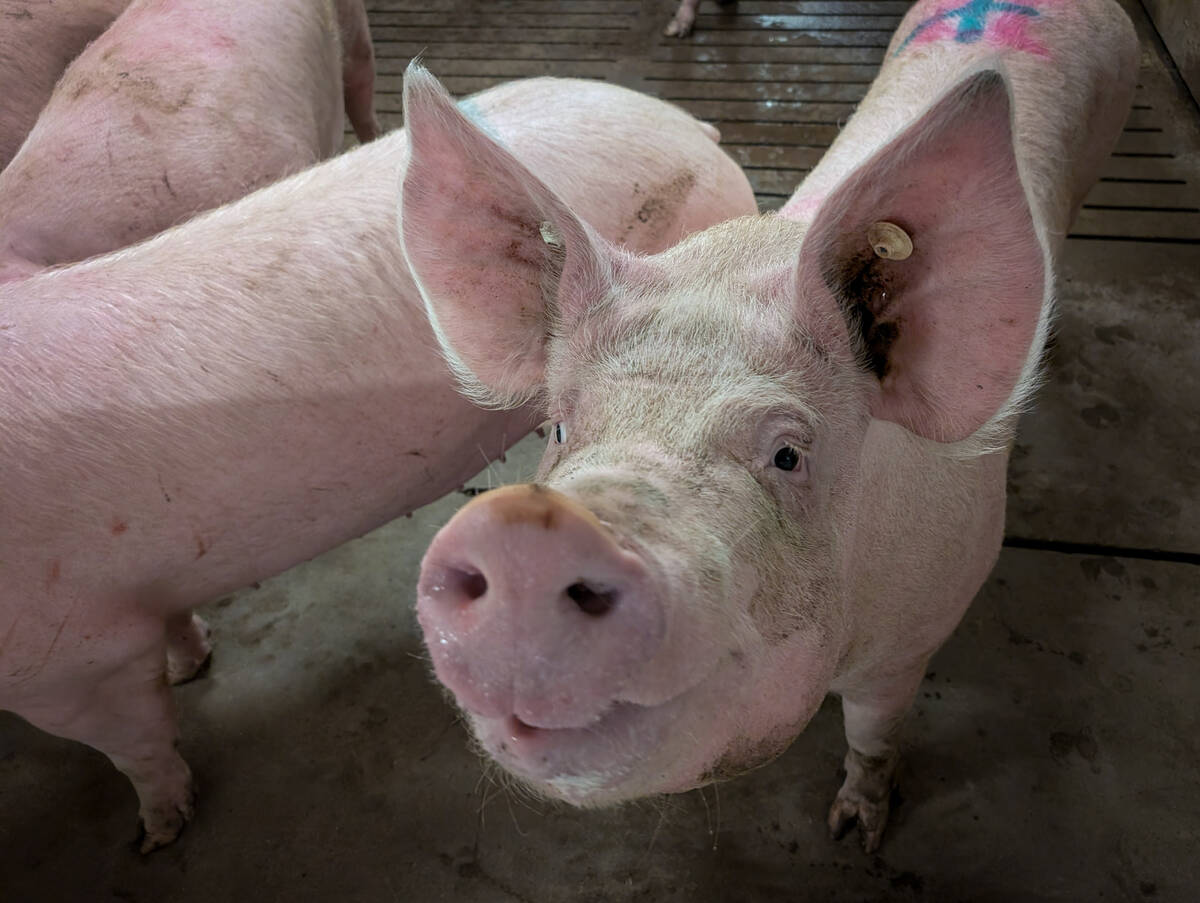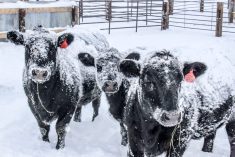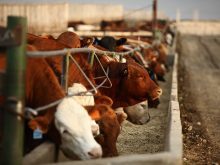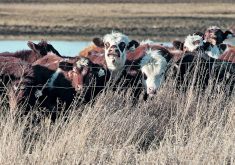Winnipeg | Reuters — South Korea has suspended beef imports from Canada, which last week reported its first case of bovine spongiform encephalopathy (BSE) in six years, the Canadian Food Inspection Agency said Wednesday.
South Korea, the fourth-largest beef importer in the world, is seeking more information about the case before lifting its suspension, the agency’s spokesman Patrick Girard said.
No other countries have told Canada, the eighth-largest beef exporter, that they are considering trade action, Girard said.
Canada on Thursday confirmed the BSE case in an 8-1/2-year-old beef cow in central Alberta, the World Organization for Animal Health (OIE) said Monday.
Read Also

Gene edited, PRRS resistant pig approved in Canada
Canada has given its stamp of approval to pigs gene edited to resist porcine reproductive and respiratory syndrome (PRRS).
The cow was euthanized on the farm and did not enter the food or animal feed chain, Girard said.
BSE is a fatal disease of the nervous system in cattle. Canada’s latest case is atypical — meaning that it is a form of BSE that can occur naturally in older cattle — as opposed to classical BSE, caused by an animal eating contaminated feed.
The first confirmed Canadian case of BSE — a classical form — was detected in 2003, resulting in some 40 export markets closing. Many have long since reopened.
— Reporting for Reuters by Rod Nickel in Winnipeg.


















